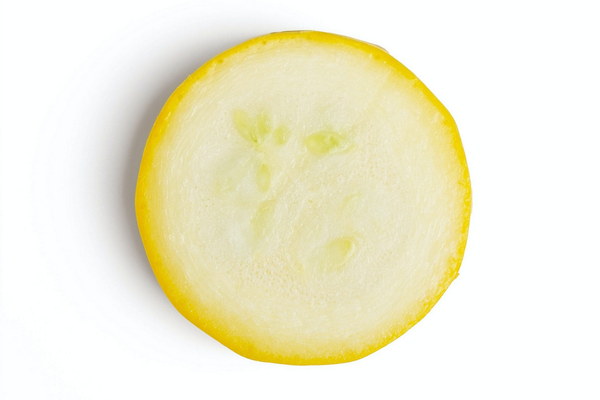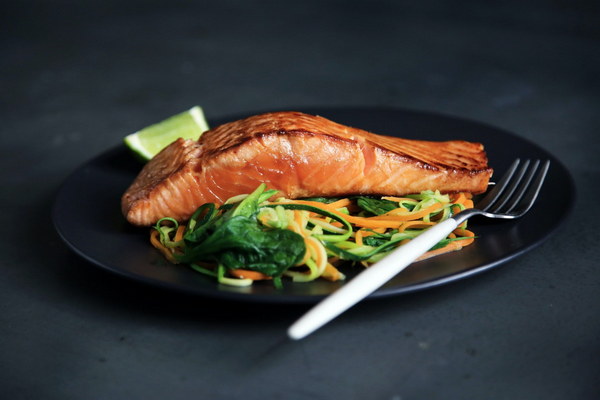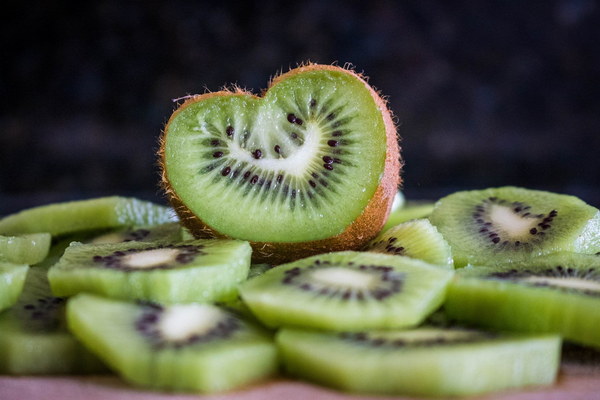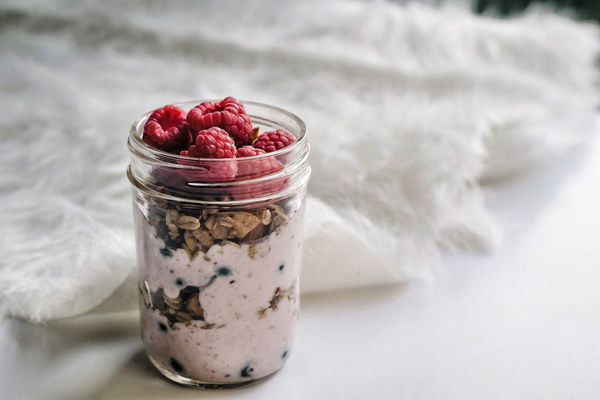Liver Care What to Avoid for Optimal Liver Health
Introduction:

The liver is a vital organ responsible for filtering toxins, producing bile, and regulating blood sugar levels. Maintaining a healthy liver is crucial for overall well-being. While certain practices and foods can help support liver health, there are also several things you should avoid. In this article, we will discuss the key substances and behaviors to steer clear of to protect your liver.
1. Alcohol:
Alcohol is a significant liver toxin. Excessive alcohol consumption can lead to fatty liver disease, alcoholic hepatitis, and liver cirrhosis. To keep your liver healthy, limit your alcohol intake to moderate levels. Women should not consume more than one drink per day, while men should not exceed two drinks per day.
2. Processed Foods:
Processed foods are often high in unhealthy fats, sugars, and sodium. These ingredients can lead to obesity, diabetes, and metabolic syndrome, all of which can strain your liver. Try to minimize your intake of processed foods and opt for whole, unprocessed foods instead.
3. Trans Fats:
Trans fats are artificial fats found in many processed foods, including baked goods, fried foods, and margarine. Trans fats can increase your risk of developing non-alcoholic fatty liver disease (NAFLD) and other health issues. Choose foods with healthy fats, such as olive oil, avocados, and nuts.
4. Excess Sugar:
High sugar intake can lead to insulin resistance, which is a key factor in NAFLD. Additionally, sugar can increase the levels of fat in the liver. To protect your liver, limit your sugar consumption and avoid sugary drinks and processed snacks.
5. Over-the-Counter Medications:
Certain over-the-counter (OTC) medications can be harmful to the liver. Pain relievers like acetaminophen (Tylenol) and nonsteroidal anti-inflammatory drugs (NSAIDs) can cause liver damage if taken in excess. Always follow the recommended dosage and consult with a healthcare professional if you have concerns about medication use.
6. High-Fat, High-Cholesterol Foods:
Consuming excessive amounts of high-fat, high-cholesterol foods can contribute to NAFLD. These foods can lead to inflammation and damage to the liver. Incorporate lean proteins, whole grains, and healthy fats into your diet to support liver health.
7. Environmental Toxins:
Exposure to environmental toxins, such as pesticides, herbicides, and heavy metals, can harm your liver. Minimize your exposure by choosing organic produce, using natural cleaning products, and avoiding exposure to harmful substances in the workplace.
8. Sedentary Lifestyle:
A sedentary lifestyle can contribute to obesity and metabolic syndrome, which can strain your liver. Regular physical activity can help improve liver function and reduce the risk of NAFLD. Aim for at least 150 minutes of moderate-intensity aerobic exercise per week, along with strength training exercises.
Conclusion:
Maintaining a healthy liver is essential for overall well-being. By avoiding alcohol, processed foods, trans fats, excess sugar, over-the-counter medications, high-fat, high-cholesterol foods, environmental toxins, and leading a sedentary lifestyle, you can significantly reduce the risk of liver disease and support optimal liver health. Remember to consult with a healthcare professional for personalized advice and to address any concerns you may have regarding your liver health.









